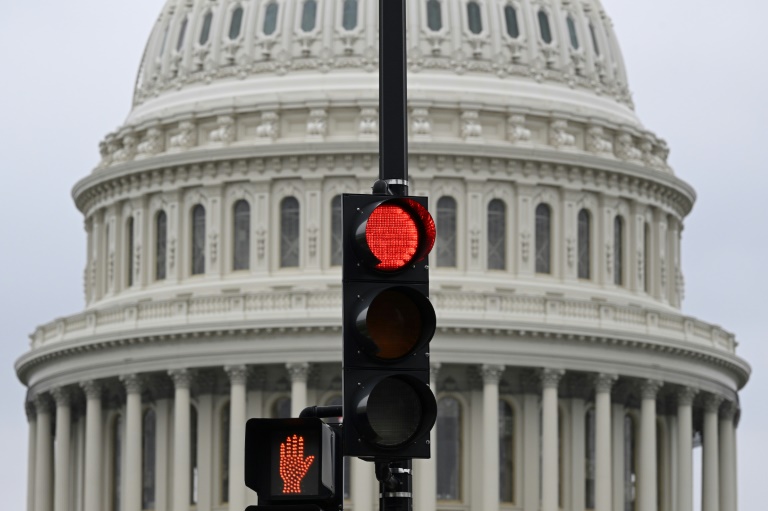The Senate took a definitive stance Thursday, greenlighting a measure to prolong ongoing federal spending and thereby preventing an imminent government shutdown, the Washington Post reported.
The Senate’s endorsement of the stopgap bill, marked by a decisive 77-18 vote, follows a recent bipartisan spending accord struck between House Speaker Mike Johnson and Senate Majority Leader Chuck Schumer earlier this month. This agreement prompted the decision to temporarily extend existing spending, affording both legislative chambers the necessary time to navigate and pass individual spending bills.
Crafted as a temporary solution, the bill intends to sustain federal agencies whose allocated funds were on the brink of expiration this Friday, offering them a lifeline until March 1. Furthermore, it stretches the continuity of other government operations until March 8.
Within the Republican ranks, pressure on House Speaker Johnson has mounted, particularly from the party’s right flank, urging him to reconsider the budget agreement with Schumer. The success of the bill in the Republican-majority House hinges on garnering Democratic support, an aspect underscored by Johnson amid the intricate dynamics within the party.
This marks the third occasion that Congress has opted to extend ongoing spending, revealing deep-seated disagreements among House Republicans over budgetary allocations, with factions on the right pushing for more substantial cuts. The echoes of the past reverberate as the previous House Speaker, Kevin McCarthy, faced removal in October for his agreement with Democrats on the initial extension of current spending. Johnson, now in the speaker’s seat, faces scrutiny as he navigates the delicate balance of appeasing party members while skillfully sidestepping a government shutdown in this critical election year.
Addressing the decision to extend federal funding once again, Johnson, as per a report by The Guardian, acknowledged the need for additional time on the calendar to meet their objectives, recognizing that compromises are an inevitable part of the legislative process. While most House Republicans have refrained from publicly challenging Johnson’s position, the potential for a revolt, even by a handful of Republicans, looms large in the closely divided House.







